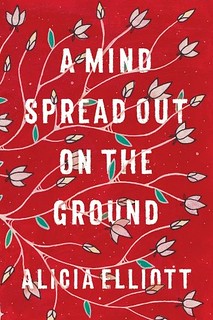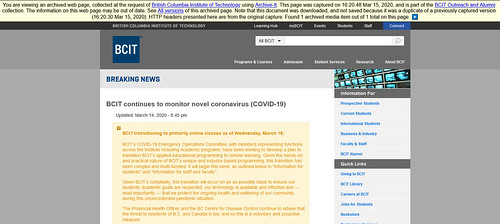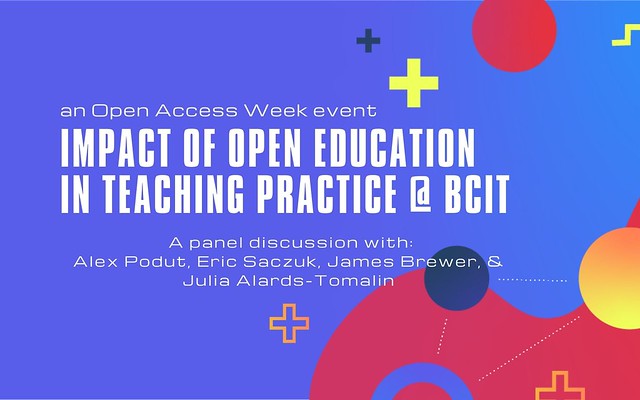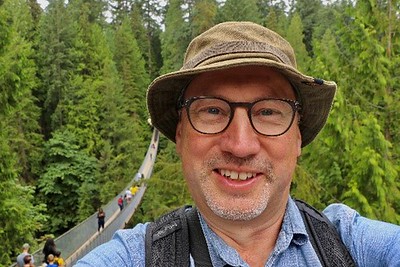by Glenice Lilje
Content warning: sexual assault, murder victims, racism, MMIWG, domestic violence/abuse
Stats Canada states that more than 11 million Canadians have been physically or sexually assaulted since the age of 15. Women are victimized at a higher rate (37 incidents per 1000 women) but unfortunately, only about 5% of sexual assaults are reported to police[1]. Family violence account for 25% of all violent crimes with 70% of family violence victims being women or girls.[2] Sadly, only 30% of affected women report to the police. For decades, Indigenous women and girls have gone missing or later found murdered. So why is there high evidence of incidences yet low reporting rates?
Some victims may feel like their voices may not be heard or feel powerless to the support systems that are intended to help them. They may feel ashamed, embarrassed or afraid that they may get someone in trouble. Others may not have access to services or don’t know how to reach out. However, there are a small few who have found a way to share their pain, trauma and their suffering. The titles displayed below are stories shared from survivors and from those who helped amplify their voices.

A Mind Spread Out on the Ground by Alicia Elliott, 2019.
Alicia Elliott provides a personal glimpse into the treatment of Native people in North America. The intimate detailing of intergenerational trauma stemming from colonialism, sexual assault, poverty, mental health and gentrification of Indigenous communities. Interweaving the past and the present as well as the personal and the political, Elliott uses her personal experiences and others to display how systemic oppression has and is still affecting Native communities. In A Mind Spread Out on the Ground, Alicia Elliott hopes readers will think more critically about how they got to where they are and that people aren’t always the result of their own actions

Highway of Tears: A True Story of Racism, Indifference and the Pursuit of Justice for Missing Women and Murdered Indigenous Women and Girls by Jessica McDiarmid, 2019.
Highway 16 is an isolated segment of highway that runs along northwestern British Columbia, also known as the “Highway of Tears”. It is so named as hundreds of Indigenous women and girls in this area have gone missing or later found murdered for many, many decades. Journalist, Jessica McDiarmid, interviews the devastated families and communities of these victims and investigates how this could happen in an area that is over-policed yet under-protected. McDiarmid shares this powerful story about the continuing failure to provide justice for the victims and serves as a tribute to their families and communities’ unrelenting determination to find it.

No Visible Bruises: What We Don’t Know About Domestic Violence Can Kill Us by Rachel Louise Snyder, 2019.
Did you know that more than 50 women in America die every month from domestic abuse? If this tragedy is so prevalent, why isn’t it being treated like a national emergency? In No Visible Bruises: What We Don’t Know about Domestic Violence Can Kill Us, journalist Rachel Louise Snyder, educates the reader on the true scope of domestic violence and how it goes beyond bruises and broken bones. Snyder claims the indifference toward domestic violence trickles down from top levels of society where victims are made to feel ashamed and that they should simply leave their home if they are abused. Through stories of victims, perpetrators, law enforcements and reform movements, the author explores the outdated idea of what goes on behind closed doors is no one’s business is and that society’s ignorance has allowed these dangerous patterns to carry on unchecked.
CRIAW Fact Sheet: Violence against Women in Canada (Short Version)
[1] Www150.statcan.gc.ca. 2017. Gender-based violence and unwanted sexual behaviour in Canada, 2018: Initial findings from the Survey of Safety in Public and Private Spaces. [online] Available at: https://www150.statcan.gc.ca/n1/pub/85-002-x/2019001/article/00017-eng.htm.
[2] Cwhn.ca. 2021. Domestic violence in Canada. [online] Available at: https://cwhn.ca/en/Resources/domesticviolence#:~:text=%20Domestic%20violence%20in%20Canada%20%201%2025,This%20was%20most%20often%20the%20case…%20More%20.










 I did a grad course in UBC Engineering when I was in my late 30’s. I have always valued textbooks from an educational perspective since my early education. That didn’t change, but being a mature student (read with bills to pay) I also found textbooks costly. Interesting how “valuable” may have positive or negative connotations when it comes to textbooks.
I did a grad course in UBC Engineering when I was in my late 30’s. I have always valued textbooks from an educational perspective since my early education. That didn’t change, but being a mature student (read with bills to pay) I also found textbooks costly. Interesting how “valuable” may have positive or negative connotations when it comes to textbooks. All changed in 2018 when I adopted an OER textbook for one of my courses. The original author chose not to include chapter questions in his textbook, as he found more suitable to hand them to students directly. Upon contacting the author I decided to use his book as the main reference and complement it with extra problems that are more relevant to Power Engineers. Students currently work with both textbooks, learning from one and reviewing a summary and completing problems from my “supplement”. We have delivered the course in this format for the last 4 years and managed to improve content year after year.
All changed in 2018 when I adopted an OER textbook for one of my courses. The original author chose not to include chapter questions in his textbook, as he found more suitable to hand them to students directly. Upon contacting the author I decided to use his book as the main reference and complement it with extra problems that are more relevant to Power Engineers. Students currently work with both textbooks, learning from one and reviewing a summary and completing problems from my “supplement”. We have delivered the course in this format for the last 4 years and managed to improve content year after year.

 OpenEd has been an excellent gateway for me to consolidate some of the work I’ve done with drones and disseminate it to a much wider audience than previously possible. The other element is that OpenEd has allowed me to involve students, both from BCIT and from high school volunteer programs.
OpenEd has been an excellent gateway for me to consolidate some of the work I’ve done with drones and disseminate it to a much wider audience than previously possible. The other element is that OpenEd has allowed me to involve students, both from BCIT and from high school volunteer programs. My open education journey began when I took a poll in my Astronomy 7000 class (this is an elective for engineering students taking a bachelor’s degree) and found that, on account of its cost, none of the students had bought the recommended text. To counter this, I switched to using the OpenStax astronomy text, and made a work booklet (based upon OpenStax problem and solution sets) to replace the online homework system of the previous text.
My open education journey began when I took a poll in my Astronomy 7000 class (this is an elective for engineering students taking a bachelor’s degree) and found that, on account of its cost, none of the students had bought the recommended text. To counter this, I switched to using the OpenStax astronomy text, and made a work booklet (based upon OpenStax problem and solution sets) to replace the online homework system of the previous text. I work as an instructor in the Renewable Resources department at BCIT and teach both the Forest and Natural Areas Management diploma and the Fish, Wildlife and Recreation diploma programs. I am a double grad from BCIT with both a diploma in Forestry and a degree in Ecological Restoration. One of the things I enjoy the most about teaching is coming up with creative and fun ways to interact and engage with the students. I have been using and creating OER’s since 2019, including a plant identification card game, a winter tree/shrub identification textbook, a series of plant ID videos and self-guided plant ID tour maps. I am passionate about sharing my love of OER’s with other people and inspire them to begin creating their own.
I work as an instructor in the Renewable Resources department at BCIT and teach both the Forest and Natural Areas Management diploma and the Fish, Wildlife and Recreation diploma programs. I am a double grad from BCIT with both a diploma in Forestry and a degree in Ecological Restoration. One of the things I enjoy the most about teaching is coming up with creative and fun ways to interact and engage with the students. I have been using and creating OER’s since 2019, including a plant identification card game, a winter tree/shrub identification textbook, a series of plant ID videos and self-guided plant ID tour maps. I am passionate about sharing my love of OER’s with other people and inspire them to begin creating their own.









